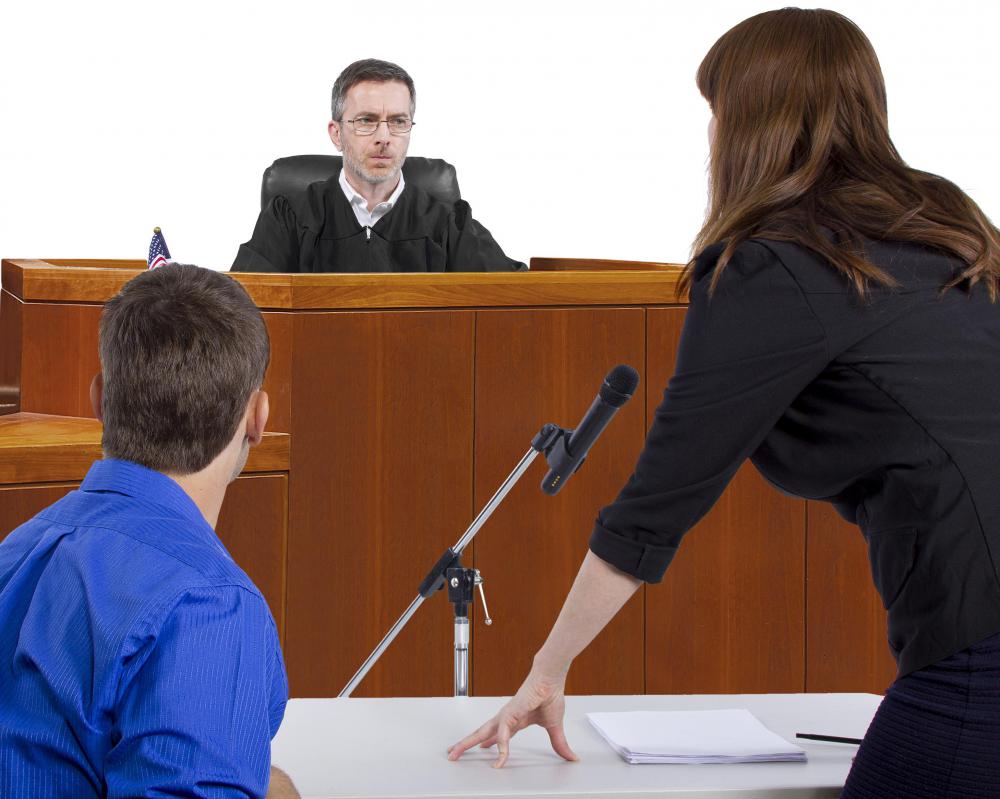At WiseGEEK, we're committed to delivering accurate, trustworthy information. Our expert-authored content is rigorously fact-checked and sourced from credible authorities. Discover how we uphold the highest standards in providing you with reliable knowledge.
What are Some Common Deposition Questions?
When a person is called on to answer deposition questions, it helps to prepare by anticipating the types of issues the lawyer will ask about. The person being deposed will be asked some basic questions to establish their identity, background and their relationship to the case. The events leading up to the cause of action will also be covered, along with their consequences.
A deposition is part of the legal process that is commonly used in civil actions. The plaintiff and the defendant are asked questions relating to the case, and each person is under oath while doing so. Along with legal counsel, a court reporter is present during the deposition to record the questions and answers. The proceedings may also be videotaped.

Once the deponent has been sworn in, the lawyer will likely ask some deposition questions to establish for the record the person's name, address and type of employment. Next, the lawyer may ask some questions about the individual's background to establish whether he or she is a credible person. The person answering questions may be asked whether they have ever been arrested or if they have been convicted of a serious crime. The individual is required to answer the question unless instructed not to by his or her attorney.

The person being questioned will also be asked deposition questions pertaining to the matter that is before the court. The events of the relevant time will be gone over in some detail. If the legal matter involves a claim for injuries sustained, the deponent will be asked about his or her health, including all illnesses and injuries sustained before the event. He or she will be expected to provide the names of doctors seen and medications prescribed and the facts about any other treatments undertaken.

The events surrounding the issue at hand will also be discussed as part of the deposition questions. The deponent will be asked what he or she personally observed and experienced before, during and after the event. The lawyer will also ask about the extent of any injuries sustained and the treatment given for them. The deponent may also be asked questions designed that are considered sneaky, such as when the opposing counsel asks an accident victim if he or she is feeling better now.
When preparing to answer deposition questions, a client should listen to his or her lawyer. All questions must be answered truthfully, but the lawyer will likely recommend that answers be kept short. Adding information that was not asked for only opens the door to more questions with the potential to damage the individual's case.
AS FEATURED ON:
AS FEATURED ON:













Discuss this Article
Post your comments